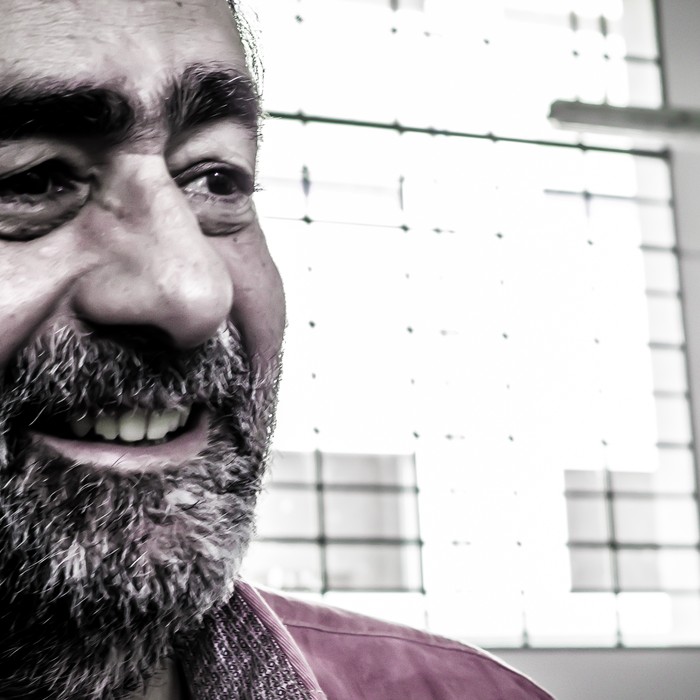
Visiting artist professor
2020 - 2021
Joan Fontcuberta
Born in 1955 in Barcelone (Spain)
Joan Fontcuberta (Barcelona, 1955) is an artist, essayist, teacher and curator. His numer-ous exhibitions include shows at MoMA, New York (1988), the Art Institute of Chicago (1990), IVAM, Valencia (Spain, 1992), MNAC Barcelona (1999), the ARTIUM, Vitoria (Spain, 2003), the Maison Européenne de la Photographie, Paris (2014) and the Science Museum, London (2014). Joan Fontcuberta won the Hasselblad Foundation International Award in 2013 and was made Doctor Honoris Causa by the Université de Paris VIII in 2020.
My artistic work began in the early 1970s, with the libertarian, neo-Dadaist heritage of ’68, with structuralism and the counterculture. All that amidst the dying convulsions of the Franco dictatorship, which fed on repression, propa-ganda and censorship. After my time at univer-sity studying Communication, I had a short stint working in journalism and advertising. This gradually morphed into artistic militancy. I was fascinated by the critique of language and regimes of truth and photography seemed like a discipline that would provide me with an ideal field of exploration, that is to say, photography conceived as the vanguard of the industry of making-believe. That is surely why my projects, rather than being concerned with aesthetic researches, moved towards the questioning of what is conventionally accepted as the truth in technical images and, in general, in information produced and spread by technological means. Conceptually, the common denominator was a reflection on the residual documentary quality in photography, which led me to speculate on questions of representation, knowledge, suspi-cion, memory, verisimilitude, ambiguity, para-dox, trompe l’oeils and fakes.
Over the years, my work started “monitoring” the way visual communication was changing in accordance with historical and political develop-ments and with technological progress. With the digital revolution it shifted towards post-photo-graphy, which is characterised by the mass-production and dematerialisation of images. Internet, social media, mobile phones, instant messaging, the proliferation of surveillance cameras, etc., are engendering a hypermodern society marked by consumption, quantification, excess and urgency. The capitalism of merchan-dise has been swallowed up by a capitalism of images, a state of iconocracy. What is left of photography in the post-truth age of selfies, the indiscreet windows of Facebook, and the siren song of consumption, of emojis and spam? What is left of photography when algorithms and artificial intelligence have overturned the hegemony of the eye and the camera?
At Le Fresnoy I want to develop a project I am collaborating on with artist Pilar Rosado. We call it Prosopagnosia. Prosopagnosia is a cogni-tive disorder which means that the sufferer has difficulty recognising and remembering faces. Studies of the causes of prosopagnosia laid the foundations for current facial recognition programmes. In our project we want to use the datasets provided by old photographic archives (for example, the physiognomic atlases of François Bertillon) to work with the GAN (Gene-rative Adversarial Networks) neural networks in order to obtain quasiphotographic sequences. The ultimate point is to reconcile the ontologi-cal status of images with the culture of prediction, on which our entire contemporary culture is based.
Joan Fontcuberta


